In the newest installment of our Women Conservationist Wednesday series, we get to know two outdoorswomen on the front lines of wildlife management in Georgia
When we first started the #WCW series, we wanted to highlight some of the women who we noticed were helping to shine a spotlight on habitat, access, and funding issues that impact hunting and fishing. And the response has been fantastic. One commenter said, “This is so inspiring! It is amazing to see strong women leading the way in conservation!” Another reader mentioned feeling empowered as a mom to keep weaving outdoor adventures into family life.
We also received many emails offering up more inspiring women for us to feature, which is how we met Jess McGuire, the private lands program manager for the Georgia Department of Natural Resources, and Tina Johannsen, the program operations manager for game management in the department’s Wildlife Resources Divison. We loved hearing how they support each other in a male-dominated field, and how they are making women in game management look good.
Here’s what they had to say about everything from R3 (recruitment, retention, and reactivation) to finding a mentor and serving the people of Georgia.
TRCP: A study recently found that about half of all current biology majors are women. Do you feel that women are still underrepresented in the wildlife conservation community, and how can we get more recent graduates involved?
JESS MCGUIRE: When I took this job, luckily I was really welcomed, and I’ve had great mentors. But, when you go to these wildlife professional conferences, you’re right, we’re still not seeing women represented as much. I think the biggest thing is showing that there is support for women. There’s this whole idea that women have to choose—that we can’t have it all. So wildlife agencies need to show support for women with families who work in this field.
TINA JOHANNSEN: As an example, I worked as the deer coordinator in Kentucky a few years ago, and I was the only female deer coordinator in the country. Every state has the position.
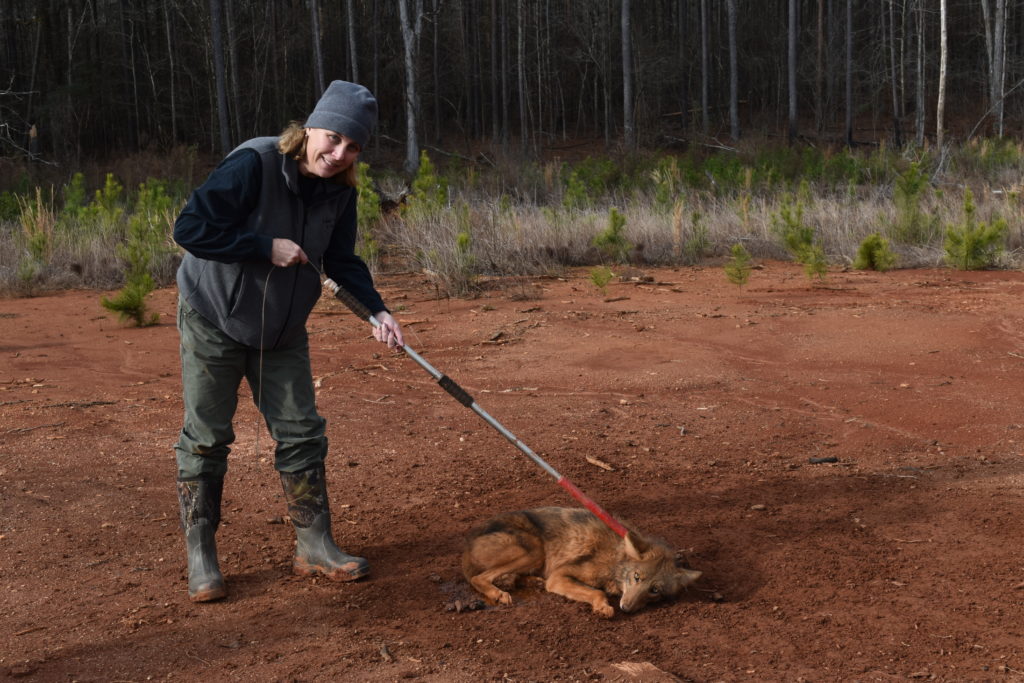
TRCP: You mentioned having great mentors, and in the R3 community there’s a big focus on mentorship in terms of teaching someone to hunt or fish. Why is it important to have female mentors in this kind of career, too?
MCGUIRE: I’ve been lucky to have some really great mentors along the way. You really need that person to guide you through everyday scenarios and maybe prepare you for dealing with people who are not used to seeing women in a wildlife management role.
JOHANNSEN: What’s been enormously helpful for me is finding women who are my age, and at a similar spot in their career, who are trying to find their way, too. Right now, there’s no one above me really that I can look up to as a mentor, so it’s more about peer-to-peer support.
TRCP: Right now, what are the biggest threats to some of the species you manage?
MCGUIRE: For both game and non-game species, the declining number of hunters is a huge threat. The hunting community is really interested in conservation and they are a huge source of conservation dollars. That’s what I worry about on a daily basis.
I think to get a lot of the work done that needs to be done, especially given the current climate, sportsmen and other conservationists need to work together more, and both sides need to see the importance of what each brings to the table. You may not want to hunt yourself, but being supportive of what those groups can do for conservation is essential. That decline in hunting dollars impacts what we can do on our state lands and our federal lands, and that affects all species.
TRCP: What are some of the cool projects you are working on that might not get accomplished without this critical funding?
JOHANNSEN: I wouldn’t have a job! My salary comes straight from hunting license revenue and matching [Pittman-Robertson] dollars, so it’s deeply personal to me. I can’t overemphasize the role that funding plays.
Every research project we have right now in game management is funded by hunting and fishing dollars and matching P-R funds. For example, we’re trying to figure out why deer herds in north Georgia aren’t responding to reduced harvests. Maybe it’s a perfect storm of predators and habitat, but right now we don’t know and we need funding to be able to support that project with technology, which isn’t cheap.
MCGUIRE: To add to that, I work with Farm Bill programs, which I don’t think get enough credit. Millions of dollars’ worth of habitat improvements are made possible by employing biologists who help landowners implement conservation measures on their property. We help to maintain a balance between landowners needing to make money and facilitating their desire to help wildlife at the same time. If the Farm Bill went away, that’s a huge chunk of conservation projects that would come to a standstill, and at that point, we’d be relying on NGOs and private entities to pull the weight.
TRCP: Do you think we’re doing a good job maintaining that balance of people trying to make a living, while also trying to protect and manage critters?
JOHANNSEN: I think there are a lot of wildlife biologists who really focus on the critters and make the science happen for the critters, but they lose sight of the fact that we serve the people of our state and our country, too. We’re here to put the action on the ground, and I have to balance a private landowner’s needs to grow crops or harvest timber with the needs of a guy who runs a fishing guide service to support his family. Yeah, I care about wildlife, but we ultimately work for the people.
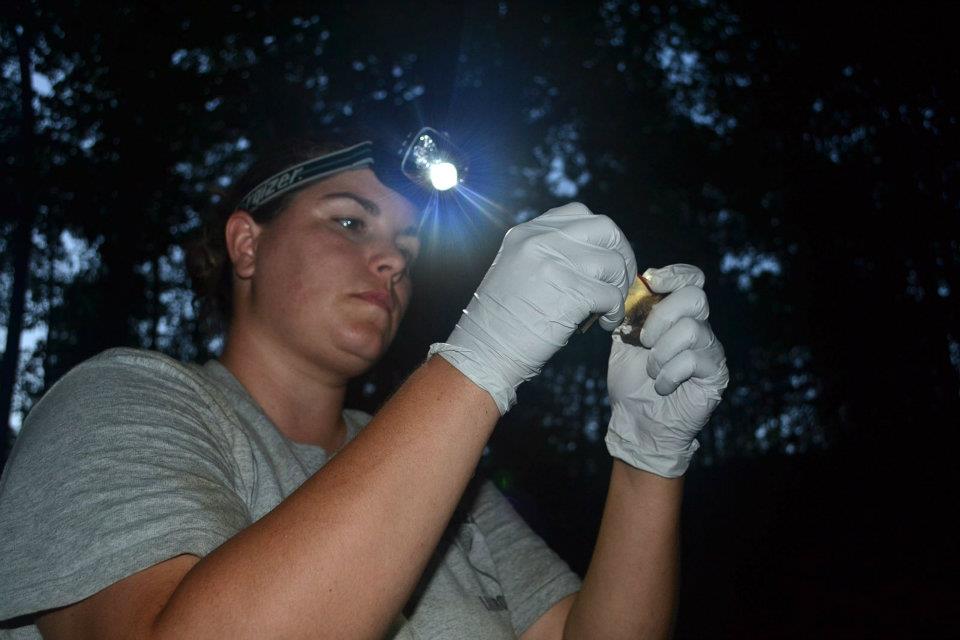
TRCP: When did you take up hunting and fishing, and how do you typically like to spend your time outdoors, outside of work?
JOHANNSEN: I’m referred to in the R3 community as an “adult onset” hunter. I didn’t grow up hunting or fishing, but when I went to college, I had a roommate who did. So, she and her family took me under their wings, and now, 20 years later, I’m a pretty avid hunter. I’ll hunt whatever is in season.
MCGUIRE: I was also a late bloomer in terms of hunting. I started hunting when I was working in Massachusetts, volunteering with some deer hunts. So, I got a crash course that way, and then I started turkey hunting, too. At first, my dad was pretty against it, but now he’s coming around because of all of the tasty meals I make him.
TRCP: Do either of you feel like you’ve seen a change in the demographics of who is hunting, in your professional work or your personal experience?
JOHANNSEN: Again, I got involved in hunting a little late, but still I’ve been doing it now for a little over 20 years. It seems to me that just when I got started there was a big shift, and since then, I’ve seen steady increases in the number of women hunting.
What’s really changing in terms of demographics and diversity on all fronts is that we have finally gotten past the threshold of getting all of the different agencies, industries, and NGOs that care about conservation, particularly related to hunting and fishing, to understand that the tide has turned. I think a lot of it has to do with the information available now online, and that people can really see how white male hunters are aging out.
If we don’t bring in these other constituencies, we’re going to lose this heritage. We’re going to lose this management tool. We’re going to lose this funding mechanism. So, the desire for diversity, I think, is driven by a very pragmatic concern on its face. But whatever is driving it, it’s wonderful to see this tidal wave curling over, and now folks are saying, alright we need to get on board and make this a priority.

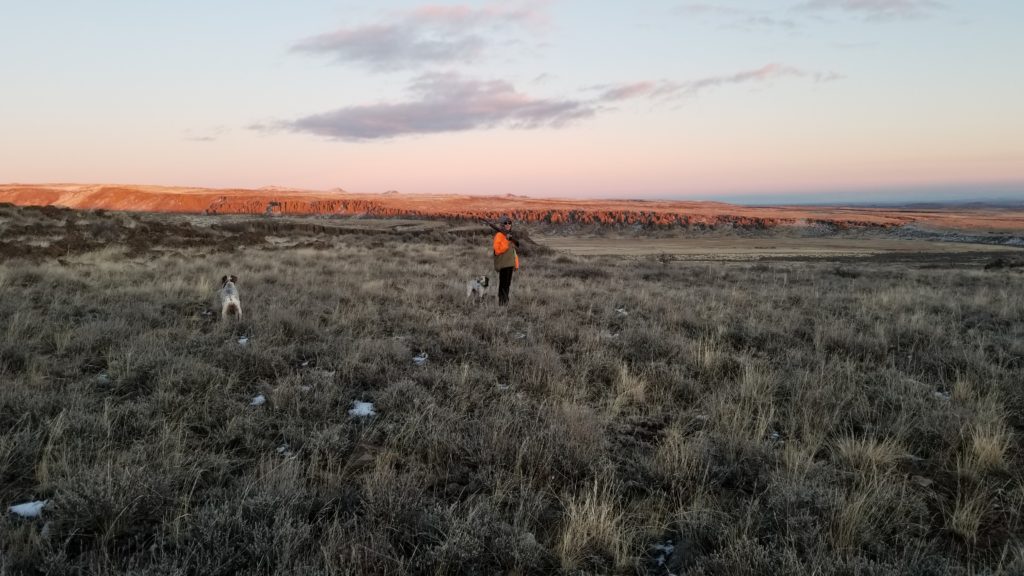
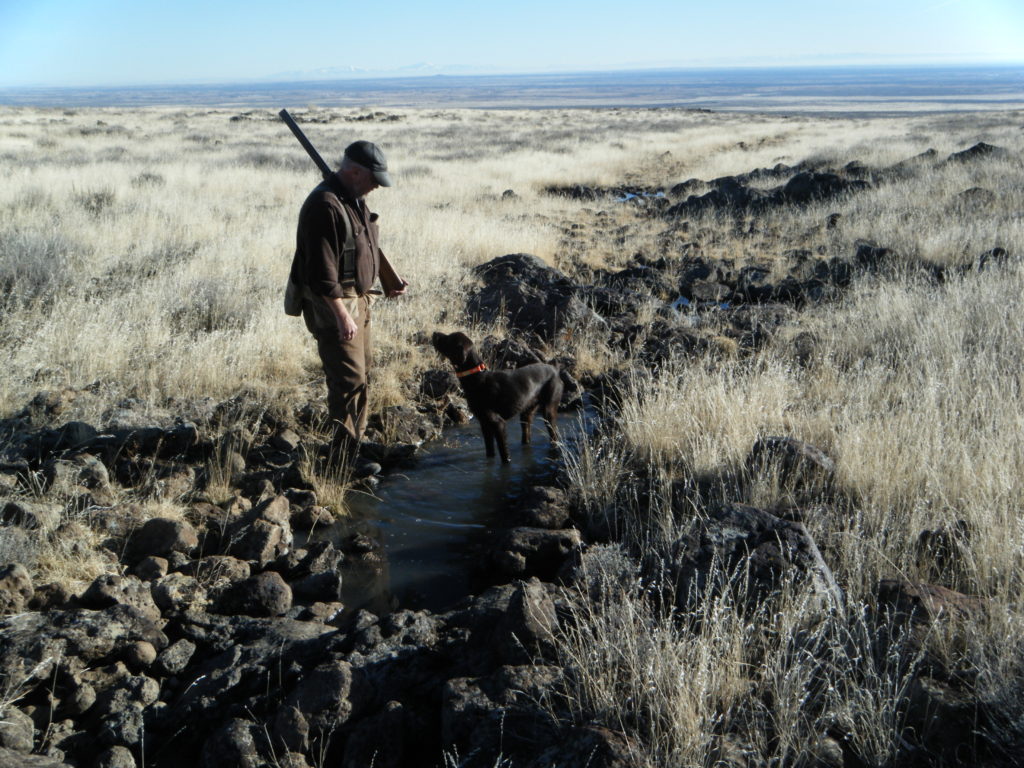
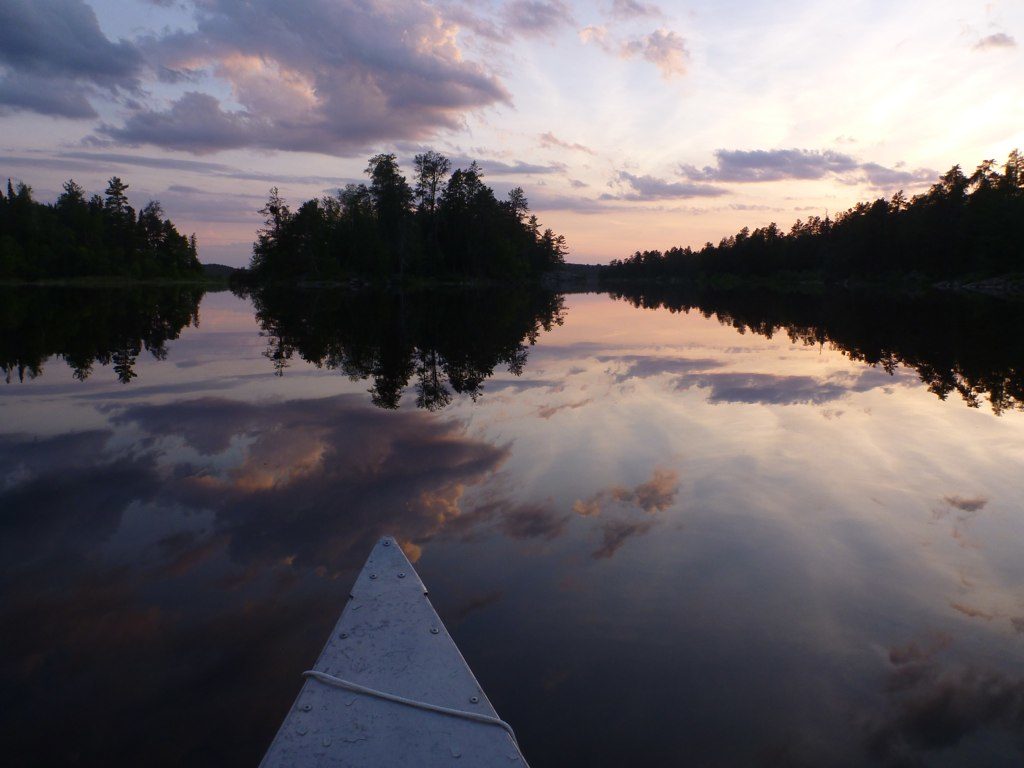
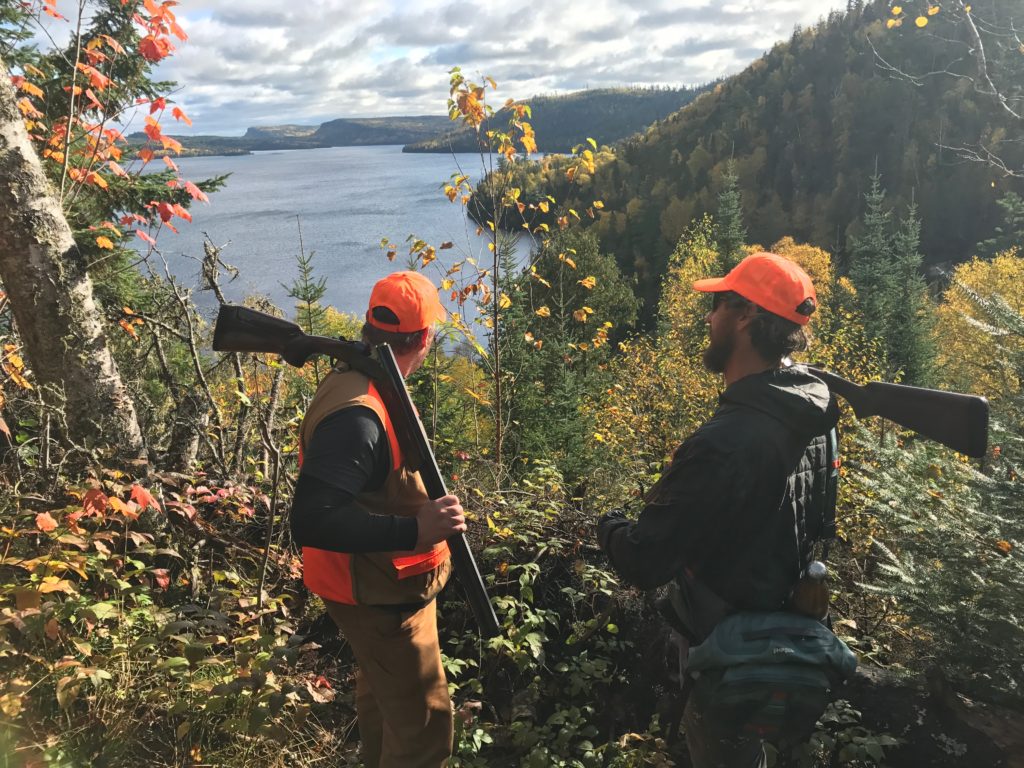
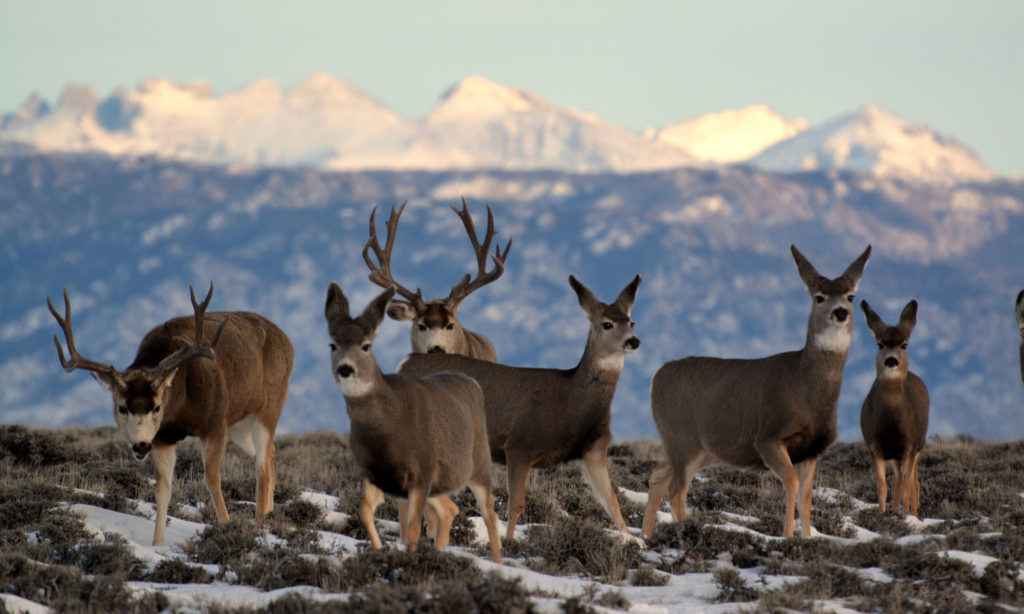




Good stuff! I work hand-in-hand with both Tina and Jess. Bottom line we rock some serious girl power getting things done in Georgia. Don’t get me wrong I work with some great guys in the conservation field, but that peer-to-peer support from other women really helps move things forward. Thank you for highlighting them and their work!
Thanks for being someone I can look up to Lynn!!